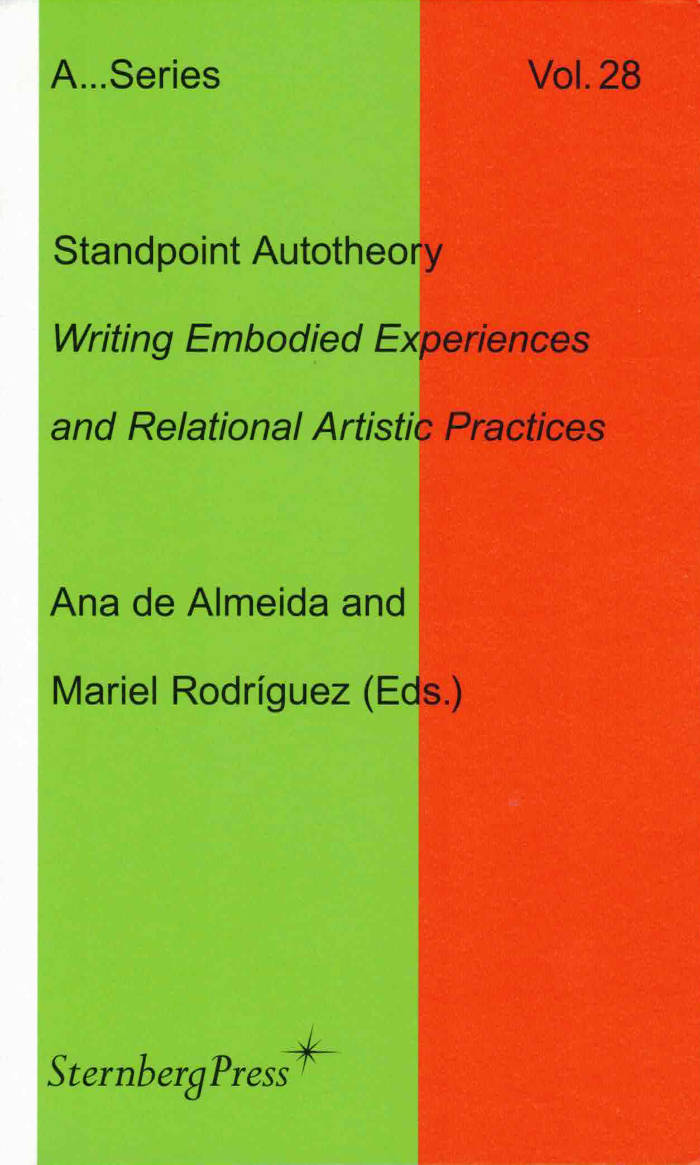
Bad Infinity – Selected Writings
The most significant critical, theoretical, and art historical texts by the artist, writer, and filmmaker Aria Dean.
Compiled here for the first time, the selected writings of Aria Dean mount a trenchant critique of representational systems. A visual artist and filmmaker, Dean has also emerged as one of the leading critical voices of her generation, through a body of writing that maps the forces of aesthetic theory, image regimes, and visibility onto questions of race and power. Dean's work across media has long been defined by what she calls a "fixation on the subject and its borders," and the texts collected here filter that inquiry through digital networks, art history, and Black radical thought. Equally at home discussing artists who embrace difficulty—from Robert Morris to David Hammons, Lorna Simpson, and Ulysses Jenkins—and conceptual frameworks such as Afropessimism, Dean often contends with how theoretical positions brush against the grain of lived reality: how the Structuralism handed down from the academy, for instance, can be co-mingled with critiques of structural racism, or how Georges Bataille's notion of base matter transforms through an encounter with Blackness.
Dean's thinking embraces a definition of "Black art that luxuriates in its outside-the-world-ness," as she writes in this volume, which works to elucidate "Blackness's proclivity for making and unmaking its own rules as it produces objects" of cultural necessity. Originally published in November as well as in Texte zur Kunst, e-flux journal, and in exhibition contexts, the essays compiled in Bad Infinity were written over a six-year span that charts our rapidly evolving forms of subjectivity and sociality.
Aria Dean (born 1993 in Los Angeles ) is an American artist, critic, writer and curator. Her writings have appeared in various art publications including November (of which she is a founding editor), Texte zur Kunst, Artforum, e-flux, The New Inquiry, Art in America, Topical Cream, Cura., Mousse, Flash Art, Spike, etc.







